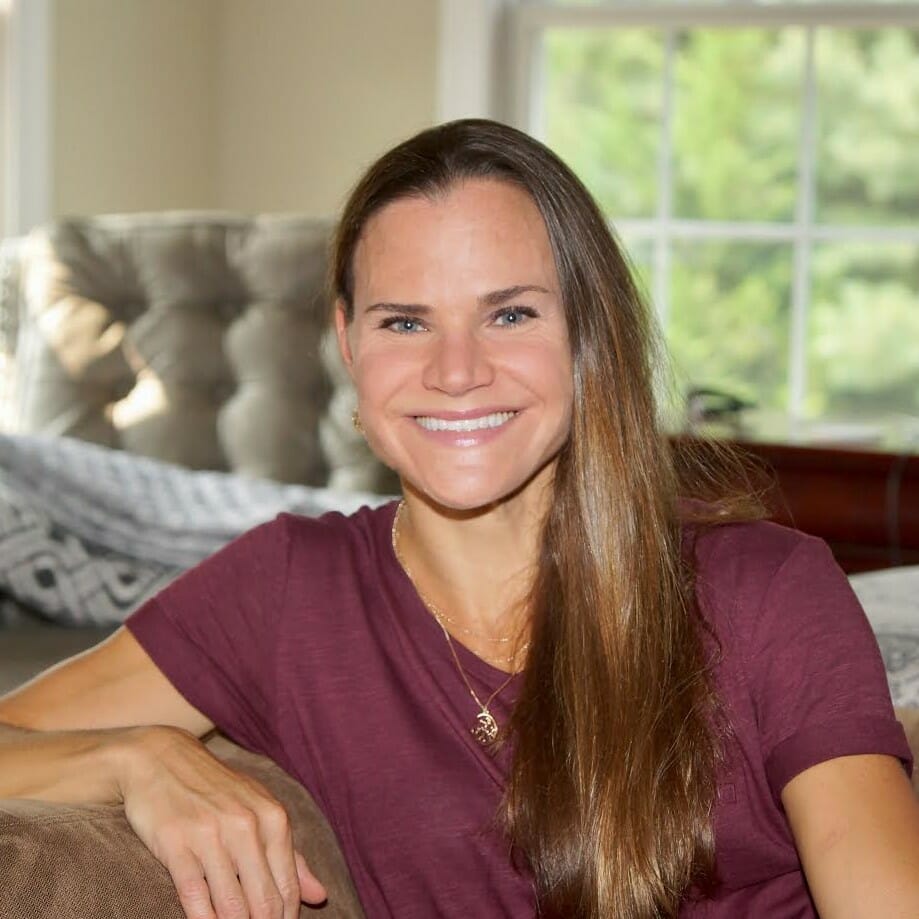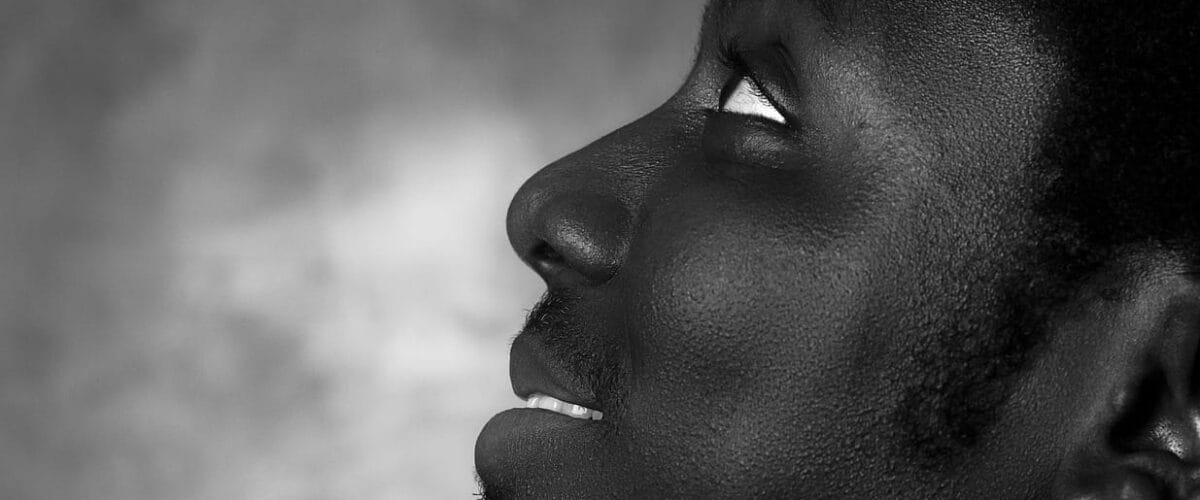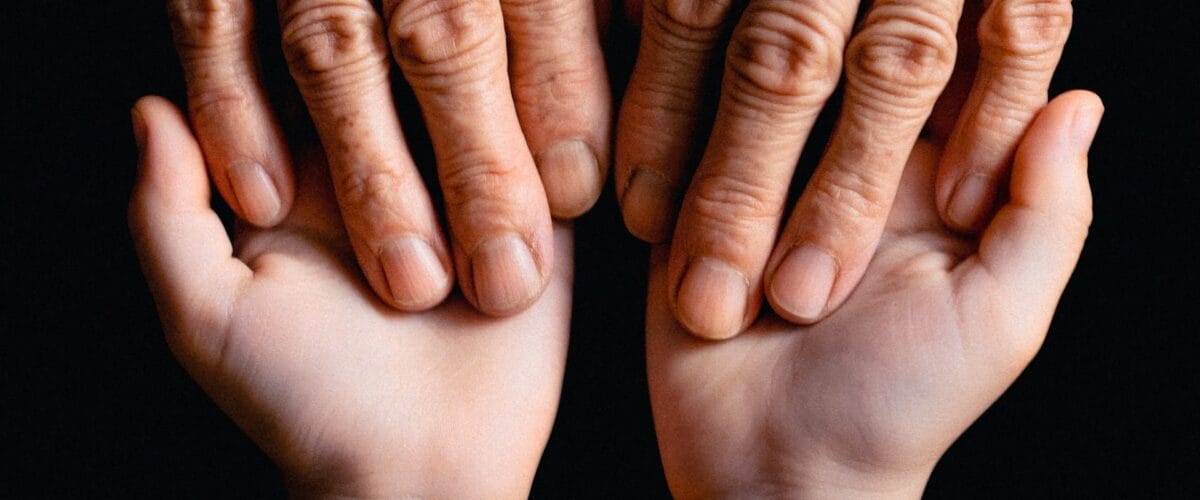On a chilly Tuesday afternoon, I noticed her on the side of the road, looking disheveled and distressed. As my faith has grown, I’ve become more sensitive to the plights of others, so I pulled over and asked if she needed help. That was the day I became friends with Miss Amy and began an important journey through which God taught me how to set healthy boundaries.
Over the past two years, I’ve gotten to know Amy and my heart breaks over the choices she has made. For the first six months of our friendship, I helped her in ways some may consider “over the top.” I took her grocery shopping, prepared meals, and provided transportation to her errands and appointments. Each time I upped the giving, Amy asked for more. My attempts to encourage her to seek outside support were rejected and I became overwhelmed trying to help her while caring for my own family.
We are called to be cheerful givers, so my stress signaled to me that I needed to make some changes (2 Corinthians 9:7). Unsure of how to proceed, I sought the advice of a Christian counselor and bought the book Boundaries by Dr. Cloud and Dr. Townsend. I was immediately drawn to a section about how the story of the Good Samaritan (Luke 10:30-35) may have looked different if he had no boundaries.
The Good Samaritan – An Alternate Ending
In the original story, the Good Samaritan stops to help a man who was beaten and left for dead on the side of the road. He bandages his wounds, puts the man on his donkey, and brings him to an inn to take care of him. Then he gives the innkeeper money and asks him to look after the man until he returns. Now, let’s take a look at an alternate ending.
“Suppose the injured man wakes up and says, “What? You’re leaving? Don’t you think you’re being selfish? I’m in pretty bad shape here…You’re not even acting like a Christian, abandoning me like this in my time of need! Whatever happened to deny yourself?”
“Why, I guess you’re right,” the Samaritan says. “That would be uncaring of me to leave you here alone…I will postpone my trip to Jericho for a few days.”1
This time, the Samaritan stays with the injured man at the inn, neglecting his own responsibilities in Jericho. A few days later, a messenger arrives to tell the Samaritan they waited as long as they could, but finally “decided to sell the camels to another party.”1 The Samaritan is furious; in having lost that deal, he has lost his business! He yells at the man, blaming him for what happened. But it’s not the injured man’s fault. It’s the result of the Samaritan’s poor boundaries.
Have you ever felt this way? Have you ever poured out to others until your cup is dry and then pointed your finger at those around you as the reason why you’re exhausted and overwhelmed? I’ve been there too.
Friends, it is our responsibility to fill our cups so we can cheerfully and compassionately respond to the needs of others. It starts with setting Biblical boundaries – both for our well-being and for theirs.
Carrying Our Own Load
Galatians 6:2 asks us to, “Carry each other’s burdens, and in this way you will fulfill the law of Christ.” As Christians, we are called to serve and put others’ needs before our own. We recognize that the most draining activities, including parenting and caring for the elderly, are often by God’s design to mold us into His image and encourage us to come to Him for refilling.
In the same chapter, Paul writes, “For each one should carry their own load” (Galatians 6:5). These two verses are not in contradiction to one another. The difference between them lies in the meaning of the words burden and load.
When we do for others what they cannot do for themselves – because they don’t have the knowledge, resources, or ability – we are “carrying their burdens” and showing the sacrificial love of Christ.1 Just as Christ died to save us from our sins because we were unable to remain pure in our own power, we are called to help others by providing what they need to move forward when they are unable to meet that need on their own.
On the other hand, each of us has responsibilities that require effort, but which we are expected to do for ourselves. Cloud and Townsend refer to these responsibilities, or “loads,” as knapsacks possible for us to carry. Problems arise when people refuse help for their burdens or try to pass their knapsacks on to someone else.1
Our job is to carry our own knapsack, assist others in carrying their boulders, and seek the Lord to help us lighten our load. He asks us to take His yoke upon us and learn from Him (Matthew 11:29-30). This doesn’t mean He’ll take our challenges away, but He will equip us to handle them.
With Amy, God revealed that, in trying to “carry her knapsack,” I was enabling her poor choices to continue. Setting boundaries has looked like making time to visit and drop off meals while encouraging her to take initiative for transportation, home maintenance, and other services. Sticking to these guidelines and learning how to say “I’m sorry. I can’t do that,” is difficult, but it is essential for both of our well-being. I often question whether her situation will ever change, but if I could go back, I wouldn’t do it differently. I have walked, as best I know how in God’s light with Amy and believe seeds of His goodness are being planted. God is using it to teach me how to love like Jesus and important aspects of healthy relationships.
Hands and Feet
Jesus was constantly interrupted to tend to the needs of others, yet He was never distracted or depleted. This is because He set boundaries and practiced self-care, waking up early and escaping the crowds to pray. He ate healthy food, took time to rest, and walked regularly. Jesus knew how to say no to others when their request stood in the way of what God was calling Him to do (Mark 1:35-38). He asked others to do their part before giving them His blessing, such as when He asked the blind man to wash the mud out of his eyes before He enabled him to see (John 9:1-11). He also spoke the truth in love, calling out the crowd that followed Him for food after He fed five thousand with the little boy’s lunch (John 6:26-27). Rather than give them what they wanted, He summoned them to seek what they needed – the “Son of Man” – for eternal nourishment.
How do we emulate Jesus’ example? How do we offer empathy and love to others while establishing biblical boundaries so we don’t burn out? Like Jesus, we must recognize that our time and energy are limited. We can help others without neglecting our obligations to God and our family by seeking the Holy Spirit’s direction on what healthy boundaries look like in each situation.
To our friend struggling with depression, we can lend a listening ear while leading her to a trained counselor. To our loved ones in poor health, we can pray for them and provide basic care while directing them to medical professionals. To those who are feeling dissatisfied or disconnected, we can spend time with them while inviting them to seek the Lord, study His Word, and join a small group. We can encourage them to find a church and get plugged into a community that will support them in their journey.
Sometimes loving others looks like carrying their burdens. Other times it looks like letting them take up their cross, face the consequences of their behavior, and come to the realization on their own that they need to make changes.
We are called to be the hands and feet of Jesus, but we are not Jesus. We are called to help people, but we cannot fix them. We can lead them to the inn, but we can’t make them go in.
As servants of Christ, our job is not to rescue others but to love them and point them to the One who can. When we try to rescue them, we enable irresponsible behavior while denying them the opportunity to come to Christ in the process. It is their faith in Him that will set the foundation for sustainable change.
Just as the Good Samaritan set healthy boundaries on what he could do, so must we. We can love people where they are while letting God move them where He wants them to go. We can find a balance between self-care and caring for others so we don’t run ourselves ragged.
Setting Biblical boundaries extends to our family, friends, coworkers, and self-care. It might look like halting a heated conversation with your spouse when one or both of you is Hungry, Angry, Lonely, or Tired (HALT). It might look like not responding to texts or emails after a certain hour to spend quality time with your family. It might mean shifting your perspective from self-care as selfish to self-care as good stewardship of the body God gave you so you can better serve others.
References:
1. Cloud, Henry and Townsend, John. (1992). Boundaries. Grand Rapids, MI. Zondervan.
2. Guiltaire, Bill. (2016, September). Jesus Sets Boundaries. www.soulsheparding.org. Retrieved August 17, 2018 from https://www.soulshepherding.org/jesus-set-boundaries/.
This is an updated edition of a post originally published on Jen Roland
Featured Image by Hansjörg Keller on Unsplash




















[…] Open the full article on the kingdomwinds.com site […]